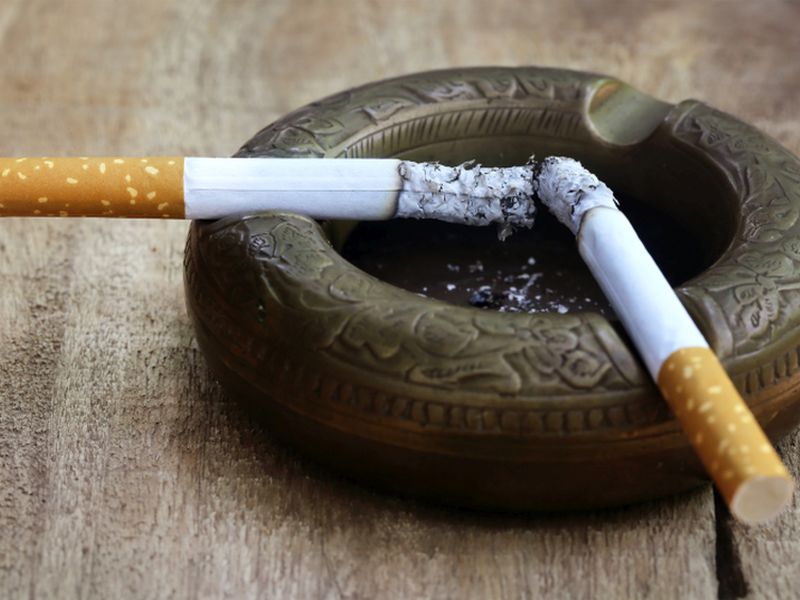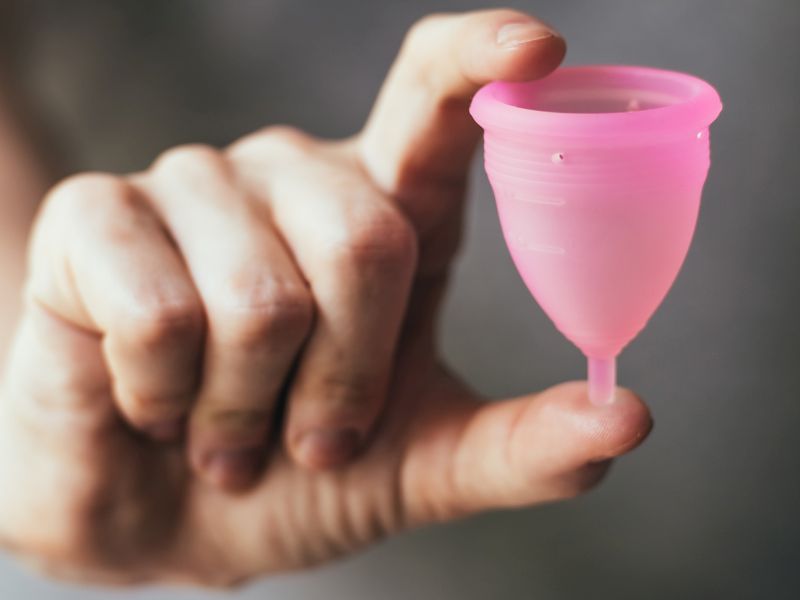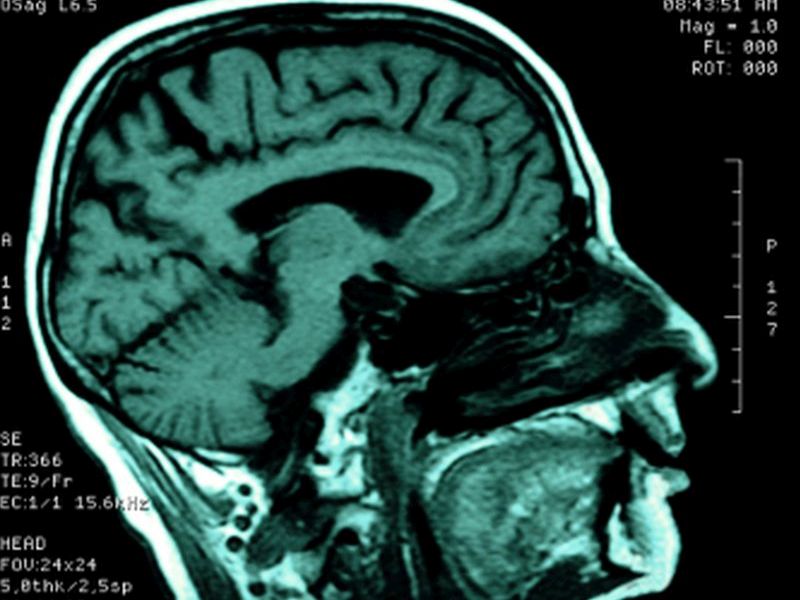
Financial rewards for quitting smoking do help smokers — including pregnant women — kick the habit and remain smoke-free, a new study confirms. “Rewards, such as money or vouchers, have been used to encourage smokers to quit, and to reward them if they stay stopped. Such schemes have been used in workplaces, in clinics and… read on >





























